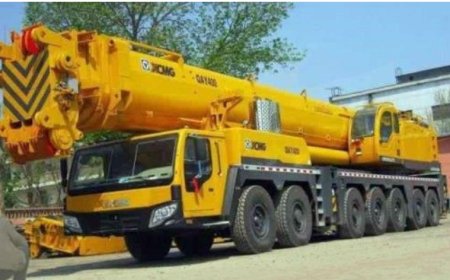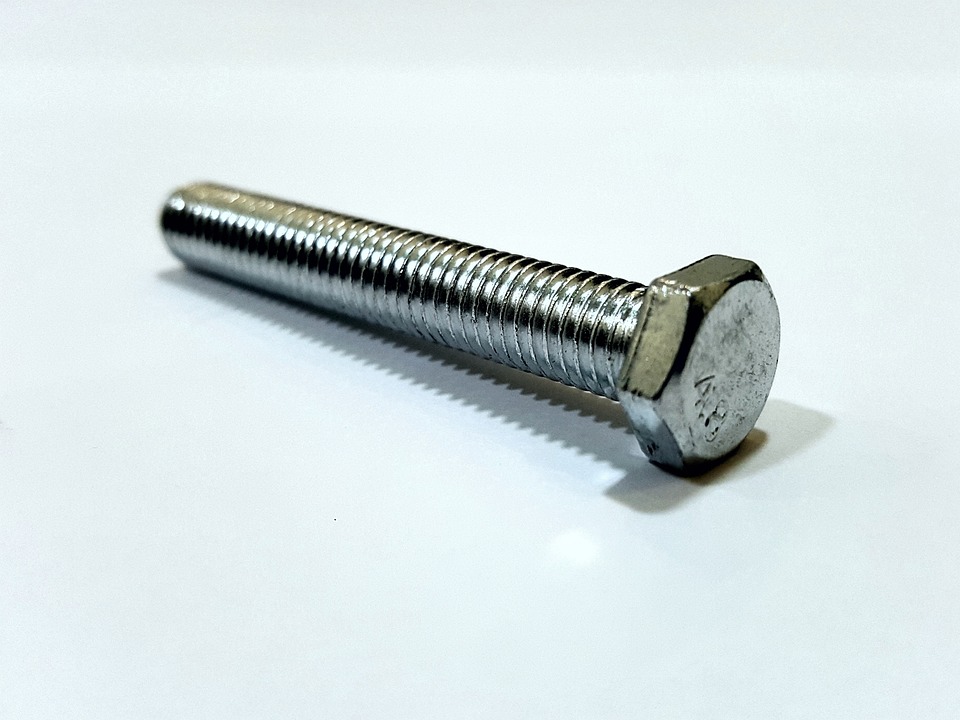Tree Removal: Everything You Need to Know Before Cutting Down a Tree
Tree removal isn’t just about cutting down wood. It’s about safety, planning, permits, and preserving the surrounding environment. Done right, it can transform your property and prevent future headaches. Done wrong—it’s a costly mistake. Choose wisely, and always lean on the pros when in doubt.

Removing a tree might seem like a simple taskbut in reality, its anything but. Whether youre trying to clear space, eliminate a hazard, or deal with storm damage, tree removal takes expertise, planning, and often permits. Lets dig into what you need to know before firing up the chainsaw or hiring a pro.
Signs Its Time to Remove a Tree
Knowing when to remove a tree can save you moneyand prevent a disaster.
Dead or Dying Trees
If the tree has more dead branches than live ones or is hollowing out, it's probably past saving.
Storm Damage
Wind, lightning, or heavy snow can leave trees structurally unsafeeven if theyre still standing.
Roots Damaging Property
Roots that break through driveways, sidewalks, or even foundations? Thats a big red flag.
Overcrowding or Landscape Redesign
Sometimes, trees grow too close together or interfere with your landscaping vision. Removing one can help the others thrive.
The Tree Removal Process
Initial Assessment
A certified arborist inspects the tree, evaluates its health, and determines if removal is necessary.
Getting Permits (If Required)
Many cities require permits to cut down trees, especially if theyre on public land or large heritage trees.
Step-by-Step Breakdown
-
Clear the area
-
Climb or lift to access higher limbs
-
Cut branches from top to bottom
-
Lower each piece safely
-
Cut trunk into sections
Clean-Up and Disposal
Most services include cleanup, chipping branches, and hauling away debristhough confirm this upfront.
Tree Removal Techniques
Climbing and Cutting Down in Sections
Used in tight spaces near homes or power lines. The tree is carefully dismantled from the top.
Crane-Assisted Removal
For very large trees or dangerous locations, cranes lift and lower heavy sections safely.
Controlled Felling
In open areas, the tree is cut at the base and dropped in a planned direction.
Emergency Tree Removal
After storms or accidents, rapid removal may be needed to prevent more damage or injury.
Costs of Tree Removal
What Affects the Price?
-
Tree height and diameter
-
Location and accessibility
-
Tree condition and risk
-
Equipment needed
Average Price by Tree Size
-
Small trees (under 30 ft): $150$500
-
Medium trees (3060 ft): $400$1,200
-
Large trees (60+ ft): $1,000$3,000
Hidden Fees to Watch Out For
-
Stump removal
-
Hauling debris
-
Emergency surcharges
-
Permit costs
DIY vs. Hiring a Professional
Can You Remove a Tree Yourself?
Legally, yes. But practically? Its extremely risky. Unless you have training and equipment, don't attempt it.
Why Tree Removal is Dangerous
High falls, power lines, chainsaw injuriesits no joke. Every year, people get seriously hurt or worse trying DIY removals.
Insurance and Liability Considerations
If you damage your neighbors property or hurt yourself, youre on the hook unless the company you hired is insured.
Choosing the Right Tree Removal Service
Licenses, Insurance, and Certifications
Always ask if the company is licensed and insured. Look for ISA-certified arborists for extra peace of mind.
Equipment and Safety Standards
Modern tools and adherence to OSHA safety protocols are signs of a reliable service.
Reviews and Experience
Read online reviews, ask for referrals, and look at before-and-after photos of their work.
What Happens After Tree Removal?
Stump Removal or Grinding
Leaving the stump can invite pests and diseases. Grinding or full removal is usually recommended.
Site Cleanup and Restoration
Ask if cleanup includes raking, debris hauling, and leveling the area.
Tree Replacement Options
Consider planting a new tree better suited for your space or climate.
Environmental Considerations
When to Save Instead of Cut
If a tree can be pruned, treated, or braceddo it. Removal should be the last resort.
Recycling and Reusing Tree Material
Chipped branches make mulch, logs can be firewood, and some companies donate usable wood.
Tree Removal Laws and Regulations
City Ordinances
Many cities protect certain species or size classes of treescutting one without a permit can lead to fines.
Protected Tree Species
Know your local tree laws before touching a saw.
HOA Guidelines
Homeowners associations may have rules about removing trees in shared or front yard areas.
Best Time of Year for Tree Removal
Seasonal Pros and Cons
-
Winter: Less sap, less leaf mess, better visibility
-
Spring/Summer: Easier scheduling, faster clean-up
-
Fall: Good for preparing yards for winter
Emergency Situations
Regardless of season, act immediately if safety is at risk.
Common Tree Removal Myths
Trees Can Be Cut Anytime
Not true. Some times of year are safer or healthier for the tree and surrounding landscape.
All Dead Trees Need Immediate Removal
Some dead trees (snags) are beneficial for wildlifeunless they pose a risk, they can stay.
Conclusion
Tree removal isnt just about cutting down wood. Its about safety, planning, permits, and preserving the surrounding environment. Done right, it can transform your property and prevent future headaches. Done wrongits a costly mistake. Choose wisely, and always lean on the pros when in doubt.
FAQs
Q1: How long does it take to remove a tree?
Small trees may take an hour or two. Larger ones could take all day depending on size and complexity.
Q2: Is tree removal covered by homeowners insurance?
Only if the tree fell due to a covered event like a storm and caused damage.
Q3: Can tree roots keep growing after removal?
Yes, especially if the tree is still alive. Root removal or chemical treatments may be needed.
Q4: Do I need to be home during removal?
Not always, but it's helpful in case decisions need to be made on-site.
Q5: Whats better: stump grinding or full removal?
Grinding is faster and cheaper, but full removal clears all rootsideal if you plan to replant.



























